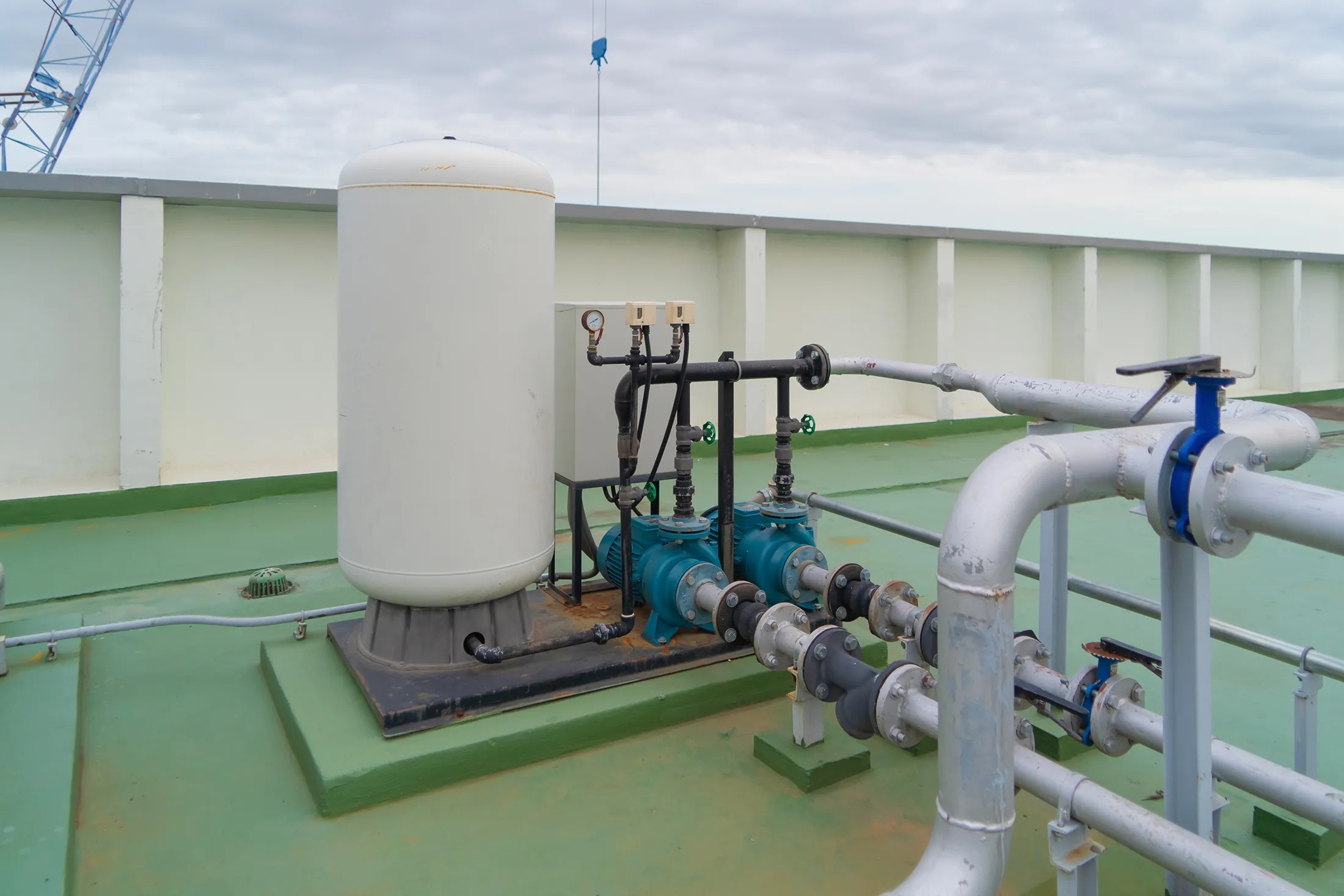Desalination systems are sought after by boaters and homeowners for several reasons, including privileged access to fresh water, self-sufficiency, access to a sustainable water supply, and much more. While some boaters may be educated on all of the benefits of desalination, some may not be well-versed in desalination and all of its advantages. For example, boaters, especially those on long voyages or living on board, often do not have access to any reliable sources of fresh water. Desalination systems allow them to convert seawater into fresh water, ensuring a consistent supply for drinking, cooking, and hygiene. So, what are the advantages of desalination? ECHOTec Watermakers – your marine desalination system manufacturer – explains more in the following article.
What Are Some Environmental Benefits of Desalination?
Desalination offers several environmental benefits. These benefits include reduced pressure on fresh water sources, minimized land and habitat disruption, and mitigation of drought impacts. By tapping into abundant seawater resources, desalination helps protect vulnerable freshwater ecosystems. It also lowers the need for energy-intensive water transport, reducing greenhouse gas emissions. Additionally, desalination encourages water conservation by ensuring a reliable supply and promoting responsible water use. However, it’s essential to consider the environmental impacts of desalination, such as energy consumption and brine disposal, and implement sustainable practices to maximize the positive effects while minimizing potential harm.
Integrating solar panels with home water desalination systems enhances their environmental friendliness in several ways. Solar panels harness sunlight to generate electricity, providing a clean and renewable energy source for desalination. This reduces reliance on fossil fuels and lowers greenhouse gas emissions, making the desalination process more environmentally sustainable. Also, solar energy is converted directly into electricity with minimal energy loss, making it an efficient power source for desalination. Solar-powered desalination systems can operate with a smaller carbon footprint compared to systems powered by traditional electricity sources.
Is Water Drinkable After Desalination?
Yes, water is generally considered safe and potable (drinkable) once it has undergone the process of desalination. This method is highly effective in eliminating salts and a multitude of impurities from the water, rendering it suitable for human consumption. Desalination techniques, including reverse osmosis, are meticulously engineered to transform seawater or brackish water into freshwater, and the end result meets the rigorous standards set for drinking water quality.
Through reverse osmosis, seawater is pushed through a specialized membrane that selectively allows water molecules to pass while blocking salts and contaminants. This meticulous filtration process ensures that the water emerging on the other side is pure and devoid of harmful substances, meeting the stringent criteria for safe drinking water.
More About ECHOTec Watermakers
We hope that we have answered your question, “What are the disadvantages and advantages of desalination?” with this article. At ECHOTec Watermakers, we are a proud manufacturer of desalination systems for homes and watermakers for yachts. These devices are some of the most effective in removing salt and impurities from saltwater and making water drinkable. Contact us today to learn more about all that we can offer you when it comes to sailboat desalination and desalination at home.


